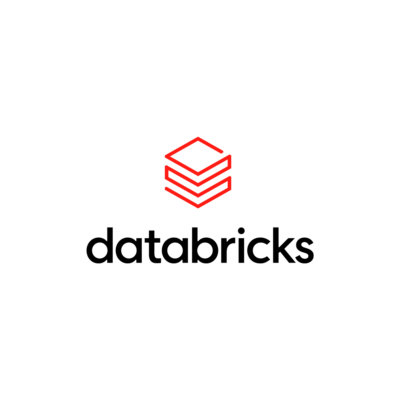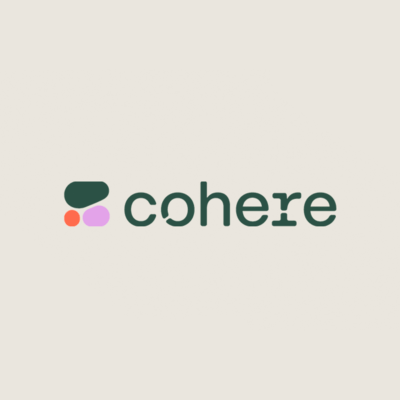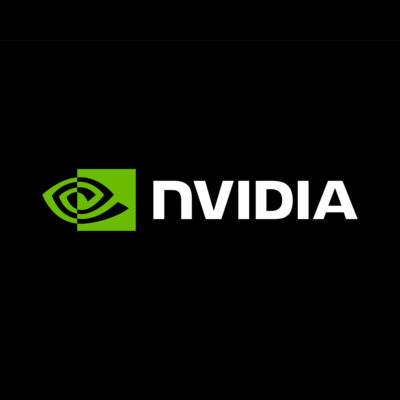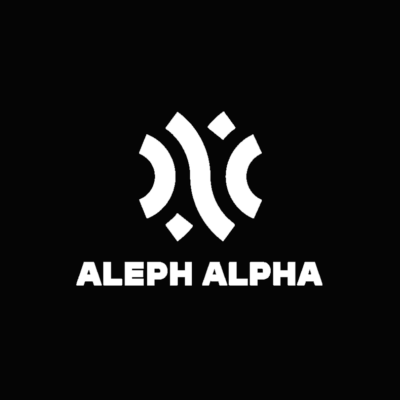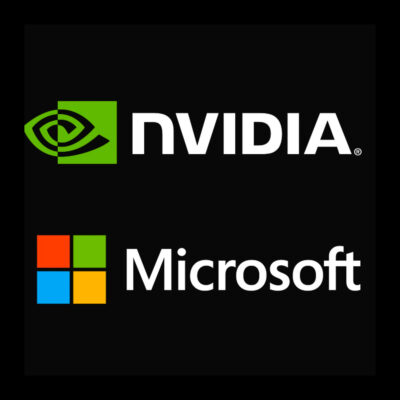Compare Models
-
Microsoft
Azure OpenAI Service
OTHERMicrosoft’s Azure OpenAI Service allows you to take advantage of large-scale, generative AI models with deep understandings of language and code to enable new reasoning and comprehension capabilities for building cutting-edge applications. Apply these coding and language models to a variety of use cases, such as writing assistance, code generation, and reasoning over data. Detect and mitigate harmful use with built-in responsible AI and access enterprise-grade Azure security. GPT-4 is available in preview in the Azure OpenAI Service and the billing for GPT-4 8K and 32K instances per 1/K tokens and can be found under those models on the tokes compare site. To note, Microsoft’s Azure OpenAI Service customers can access GPT-3.5, ChatGPT, and DALL·E too. -
Microsoft
Bing Search APIs
OTHERMicrosoft’s Bing AI search engine is powered by GPT-4. Microsoft claims the new model is faster and more accurate than ever. Bing Search APIs provide a variety of APIs with trained models for your use. The Bing Search APIs add intelligent search to your app, combining hundreds of billions of webpages, images, videos, and news to provide relevant results without ads. The results can be automatically customized to your user’s locations or markets, increasing relevancy by staying local. There are various prices for Bing Search APIs which are dependent on the feature. For customers who are interested in more flexible terms related to presenting Bing API results with their models check out the website for prices per 1,000 transactions. -
Databricks
Dolly 2.0
FREEDolly 2.0 by Databricks, is the first open source, instruction-following Large Language Model, fine-tuned on a human-generated instruction dataset and is licensed for research and commercial use, which means any organization can create, own, and customize powerful LLMs that can talk to people without paying for API access or sharing data with third parties.Dolly 2.0 is a 12B parameter language model based on the EleutherAI pythia model family and fine-tuned exclusively on a new, high-quality human generated instruction following dataset (crowdsourced among Databricks employees – so cool). Dolly-v2-12b is not a state-of-the-art model, but it does exhibit surprisingly high-quality instruction following behavior not characteristic of the foundation model on which it is based. Dolly v2 is also available in smaller model sizes: dolly-v2-7b, a 6.9 billion parameter based on pythia-6.9b and dolly-v2-3b, a 2.8 billion parameter based on pythia-2.8b.Dolly 2.0 can be used for brainstorming, classification, open Q&A, closed Q&A, content generation, information extraction, and summarization. You can access the Dolly 2.0 can training code, the dataset, and the model weights on Hugging Face. -
Cohere
Generate
$0.015Cohere is a Canadian startup that provides high-performance and secure LLMs for the enterprise. Their models work on public, private, or hybrid clouds.Cohere Generate can be used for tasks such as copywriting, named entity recognition, paraphrasing, and summarization. It can be particularly useful for automating time-consuming and repetitive copywriting tasks and re-wording text to suit a specific reader or context.Cohere Generate is available as an API that can be integrated into various libraries using Python, Node, or Go software development kits (SDKs).We have shown the price of the Cohere Generate Default version, but a Cohere Generate Custom model is available but is double the price (0.030 per 1/k tokens). However, custom models can lead to some of the best-performing NLP models for many tasks. -
NVIDIA
LaunchPad
FREENVIDIA LaunchPad provides free access to enterprise NVIDIA hardware and software through an internet browser. NVIDIA customers can experience the power of AI with end-to-end solutions through guided hands-on labs or use NVIDIA-Certified Systems as a sandbox, but you need to fill out an Application Form and wait for approval. Sample labs include training and deploying a support chatbot, deploying an end-to-end AI workload, configuring and deploying a language model on the hardware accelerator, and deploying a fraud detection model.*FREE via Application Form -
Aleph Alpha
Luminous-base
$0.0055Aleph Alpha have the Luminous large language model. Luminous models vary in size, price and parameters. Luminous-base speaks and writes 5 languages: English, French, German, Italian and Spanish and the model can perform information extraction, language simplification and has multi-capable image description capability. Aleph Alpha is targeting “critical enterprises” — organizations like law firms, healthcare providers and banks, which rely heavily on trustable, accurate information. You can try Aleph Alpha models for free. Go to the Jumpstart page on their site and click through the examples on Classification and Labelling, Generation, Information Extraction, Translation & Conversion and Multimodal. Aleph Alpha are based in Europe, allowing customers with sensitive data to process their information in compliance with European regulations for data protection and security on a sovereign, European computing infrastructure. -
Aleph Alpha
Luminous-extended
$0.0082Aleph Alpha luminous-extended is the second largest model which is faster and cheaper than Luminous-supreme. the model can perform information extraction, language simplification and has multi-capable image description capability. You can try Aleph Alpha models with predefined examples for free. Go to at the Jumpstart page on their site and click through the examples on Classification and Labelling, Generation, Information Extraction, Translation and Conversion and Multimodal. Aleph Alpha are based in Europe, which allows customers with sensitive data to process their information in compliance with European regulations for data protection and security on a sovereign, European computing infrastructure. -
Aleph Alpha
Luminous-supreme
$0.0319Supreme is the largest model but the most expensive Aleph Alpha Luminous model. Supreme can do all the tasks of the other smaller models (it speaks and writes 5 languages, English, French, German, Italian and Spanish and can undertake Information extraction, language simplification, semantically compare texts, summarize documents, perform Q&A tasks and more) and is well suited for creative writing. You can try out the Aleph Alpha models for free. Go to the Jumpstart page on their site and click through the examples on Classification & Labelling, Generation, Information Extraction, Translation & Conversion and Multimodal. -
Aleph Alpha
Luminous-supreme-control
$0.0398Supreme-control is its own model, although it is based on Luminous-supreme and is optimized on a certain set of tasks. The models differ in complexity and ability but this model excels when it can be optimized for question and answering and Natural Language Inference.You can try out the combination of the Aleph Alpha models with predefined examples for free. Go to at the Jumpstart page on their site and click through the examples on Classification & Labelling, Generation, Information Extraction, Translation & Conversion and Multimodal. -
Microsoft, NVIDIA
MT-NLG
OTHERMT-NLG (Megatron-Turing Natural Language Generation) uses the architecture of the transformer-based Megatron to generate coherent and contextually relevant text for a range of tasks, including completion prediction, reading comprehension, commonsense reasoning, natural language inferences, and word sense disambiguation. MT-NLG is the successor to Microsoft Turing NLG 17B and NVIDIA Megatron-LM 8.3B. The MT-NLG model is three times larger than GPT-3 (530B vs 175B). Following the original Megatron work, NVIDIA and Microsoft trained the model on over 4,000 GPUs. NVIDIA has announced an Early Access program for its managed API service to the MT-NLG model for organizations and researchers. -
NVIDIA
NeMo
FREENVIDIA NeMo, part of the NVIDIA AI platform, is an end-to-end, cloud-native enterprise framework to help build, customize, and deploy generative AI models. NeMo makes generative AI model development easy, cost-effective and fast for enterprises. NeMo has separate collections for Automatic Speech Recognition (ASR), Natural Language Processing (NLP), and Text-to-Speech (TTS) models. Each collection consists of prebuilt modules that include everything needed to train on your data. NeMo framework supports both language and image generative AI models. Currently, the workflow for language is in open beta, and the workflow for images is in early access. You must be a member of the NVIDIA Developer Program and logged in with your organization’s email address to access it. It is licensed under the Apache License 2.0, which is a permissive open source license that allows for commercial use. -
StableLM
StableLM-Base-Alpha -7B
FREEStability AI released a new open-source language model, StableLM. The Alpha version of the model is available in 3 billion and 7 billion parameters. StableLM is trained on a new experimental dataset built on The Pile, but three times larger with 1.5 trillion tokens of content. The richness of this dataset gives StableLM surprisingly high performance in conversational and coding tasks, despite its small size. The models are now available on GitHub and on Hugging Face, and developers can freely inspect, use, and adapt our StableLM base models for commercial or research purposes subject to the terms of the CC BY-SA-4.0 license.
1
2


